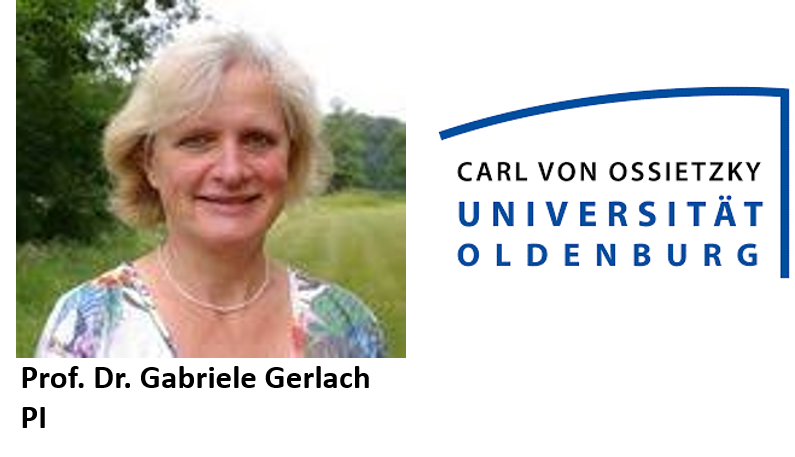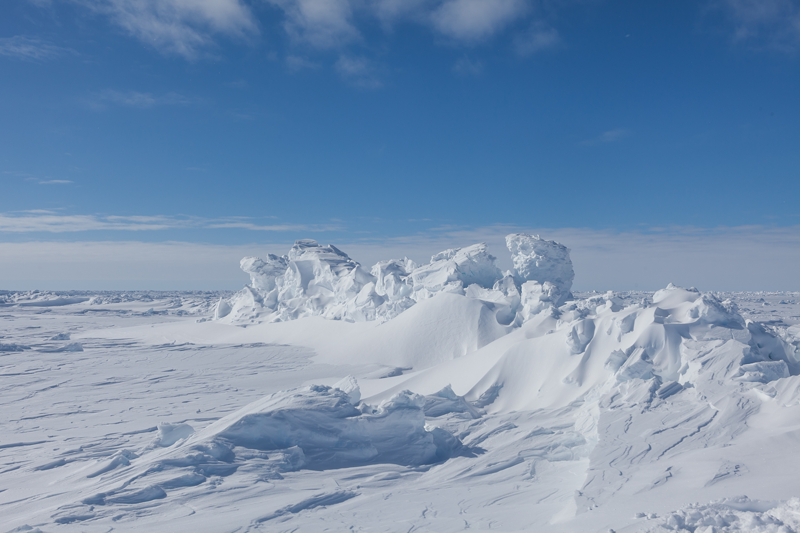
During evolution, a wide range of organisms from cyanobacteria to humans have adapted to the day-night cycle, caused by the earth’s rotational movements, by developing an endogenous timing system – a circadian clock – that allows synchronization of metabolism, physiology and behaviour with the environment and that also may modulate seasonal responses. Our current molecular understanding of biological rhythms and clocks is largely restricted to circadian and seasonal rhythms in land model species such as the fruit fly, the mouse or the thale cress. In marine organisms in general, little is known about the principles of endogenous clocks and how these clocks interact with environmental cycles. Marine ecosystems are currently experiencing rapid anthropogenic climatic changes. In particular, polar and sub-polar latitudes comprising the fastest warming regions on the planet with profound impacts on the marine environment.
Between 2013-2019 PolarTime researchers studied the principles, interactions and evolution of endogenous biological rhythms and clocks in polar pelagic organisms. Emphasis was placed on invertebrate key species whose biology is so pervasive as to dictate ecosystem functioning. The Southern Ocean key species Antarctic krill, Euphausia superba, served as the model organism to study the endogenous clock machinery and its effect on daily and seasonal life-cycle functions. The results provided a solid basis to study and understand the mechanisms of temporal synchronization of other key polar pelagic organisms such as the calanoid copepod Calanus finmarchicus.
PolarTime’s research activities are summarized in five major research themes:
- Endogenous biological rhythms and clocks in Antarctic krill,
- Functional characteristics of the endogenous clock machinery in krill,
- Adaptive phenotypic and genetic plasticity of endogenous rhythms in krill,
- Temporal synchronization of other key pelagic organisms,
- Linking biological timing to population dynamics in polar marine ecosystems (Ecosystem modelling).
PolarTime was a collaboration of the Alfred Wegner Institute, Helmholtz Centre for Environmental Research (AWI), Australian Antarctic Division (AAD), Charité Uiversitätsmedizin Berlin, University of Padua, University of Oldenburg, and the Helmholtz Centre of Environmental Research (UFZ).
Overview of the heads of the different research themes and cooperation partners




